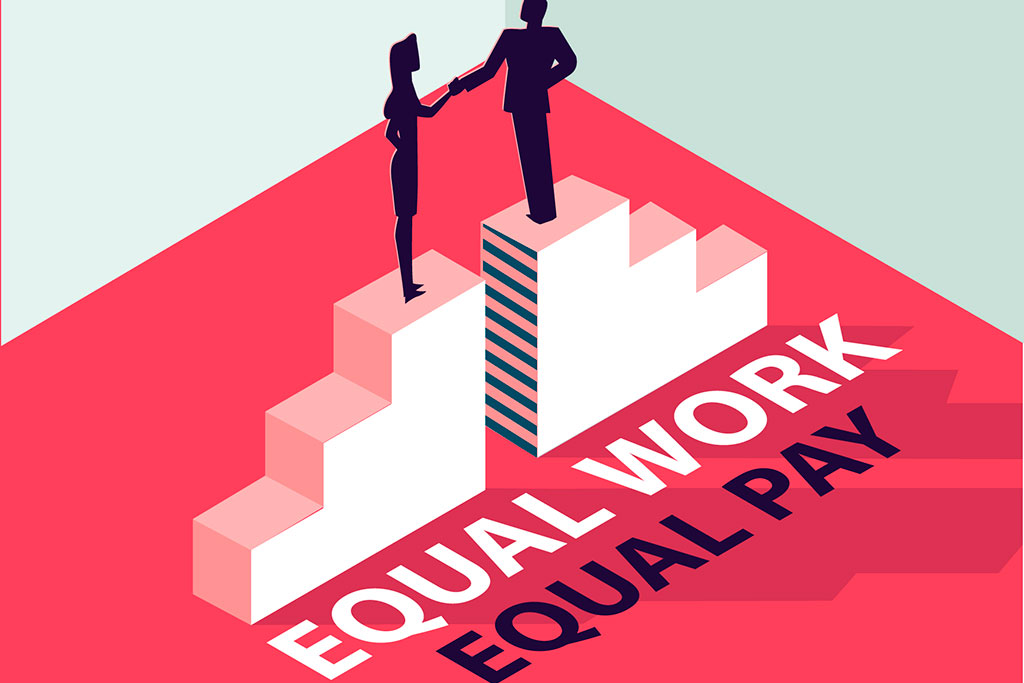Pay Transparency Measures: An EU-wide initiative in the making

One of the top priorities of European Commission President Ursula von der Leyen is that of achieving binding pay transparency measures which will apply across the EU. Considered as concrete means in addressing the issue of the gender pay gap, pay transparency measures are surely needed in the EU, especially when the latest statistics show that women in the EU earn 16% less per hour than men when performing the same job.
Thanks to such measures, employees could have the right to ask for information about their pay and whether it matches the pay other colleagues and peers receive for the same kind of work, or work which has the same kind of value. It could also bind the employer to duly report on the average payment tied to the different positions. Additionally, such measures could take the form of a pay audit whereby workers would be able to discuss the issue of equal pay collectively with their employers.
President von der Leyen’s push for pay transparency in the EU stems from the fact that presently such measures have only been introduced in some EU Member States on their own initiative. For example, paving the way are Finland and Ireland who have introduced the right for employees to ask about the pay their colleagues receive if there are suspicions of pay-related discrimination arise. Moreover, Austria, Belgium, France, Denmark and Sweden have also opted for a law which obliges the employer to report on the average pay tied to the different positions within the respective company. Pay auditing was so far implemented in Finland, Sweden and Belgium. Meanwhile, in Germany and in France an employee has the right to bargain on equal pay with the employer.
By adopting an EU-wide policy and strategy on pay transparency, all Member States can benefit from such measures, including Malta where the gender pay gap has increased since 2011. Most importantly, workers across all EU Member States can be certain that once these measures are introduced across the EU, they will be better protected if they voice their concerns and hold their employers accountable where there is pay inequality.
